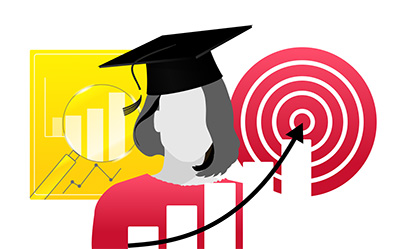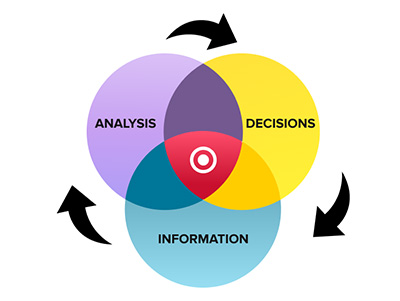The Center for Translational Medicine strives to advance the field of health care through cutting-edge predictive analytics, fostering a bold and innovative mindset in our researchers and trainees to become the visionary leaders of tomorrow.
What We Do

We leverage cutting-edge predictive analytics, encompassing pharmacometric, statistical modeling, and artificial intelligence approaches, with a disciplined focus on the Decisions-Information-Analysis paradigm. This ensures robust support for drug development, regulatory frameworks, and personalized medicine decisions. We work closely with pharmaceutical companies to utilize these advanced techniques, helping them make prudent development decisions even in areas considered too risky for others to explore.
- Drug Development: Solve development challenges using state-of-the art analytics
- Regulatory Science: Collaborate with US FDA on research to inform policy
- Personalized Medicine: Create tailored pharmacotherapy algorithms utilizing UMB hospitals
- Empower Scientists: Prepare future scientific leaders through our pharmacometrics and AI training.
Our Philosophy
Decision-Information-Analysis (DIA) paradigm is a disciplined approach to decision-making in drug development, emphasizing the mastery of strategy and regulatory requirements.
 Decisions: The process begins with framing the decisions or questions, which requires a deep understanding of the drug development strategy and regulatory landscape. This is akin to setting the course of a ship; without a clear direction, even the most sophisticated techniques cannot ensure a successful journey.
Decisions: The process begins with framing the decisions or questions, which requires a deep understanding of the drug development strategy and regulatory landscape. This is akin to setting the course of a ship; without a clear direction, even the most sophisticated techniques cannot ensure a successful journey.
Information: Once the decisions are defined, the next step is to gather information that supports these decisions. This involves collecting data from clinical trials, real-world evidence, and other relevant sources. This stage is like gathering all the tools and materials needed to build a house; the quality and relevance of these tools will determine the robustness of the final structure.
Analysis: With the necessary information at hand, the next step is performing the analyses. Advanced techniques such as pharmacometrics, machine learning, and artificial intelligence are applied to interpret the data and provide answers. This can be compared to using a compass and map to navigate; sophisticated tools that guide you towards your destination.
The results of these analyses, combined with expert judgment, drive the decision-making process. It’s a dynamic interplay where strategy (the "why" and "what" to do) guides the use of techniques (the "how" to do it). For example, strategy decides the destination, while technique determines the best route to get there. This step requires not only technical expertise but also the mastery of soft skills such as effective communication and negotiation. These skills are crucial for interpreting analysis results, conveying findings clearly, and making collaborative decisions. It’s like a team of navigators discussing the best route to take, ensuring all team players are on the same page and working towards a common goal. This entire process is cyclic and involves diverse team members with different expertise.
The mastery of the DIA paradigm can only be achieved by working alongside experts in the field. Just as becoming a skilled surgeon requires not only theoretical knowledge from books but also extensive hands-on practice, mastering the DIA paradigm necessitates practical experience and mentorship from seasoned professionals.
Dr. Joga Gobburu discusses the DIA paradigm that has shaped the work of the Center for Translational Medicine.
I am very excited to graduate from such a great program that I see continuing to invest in itself. I know I’ll continue to benefit from the growing alumni network.
